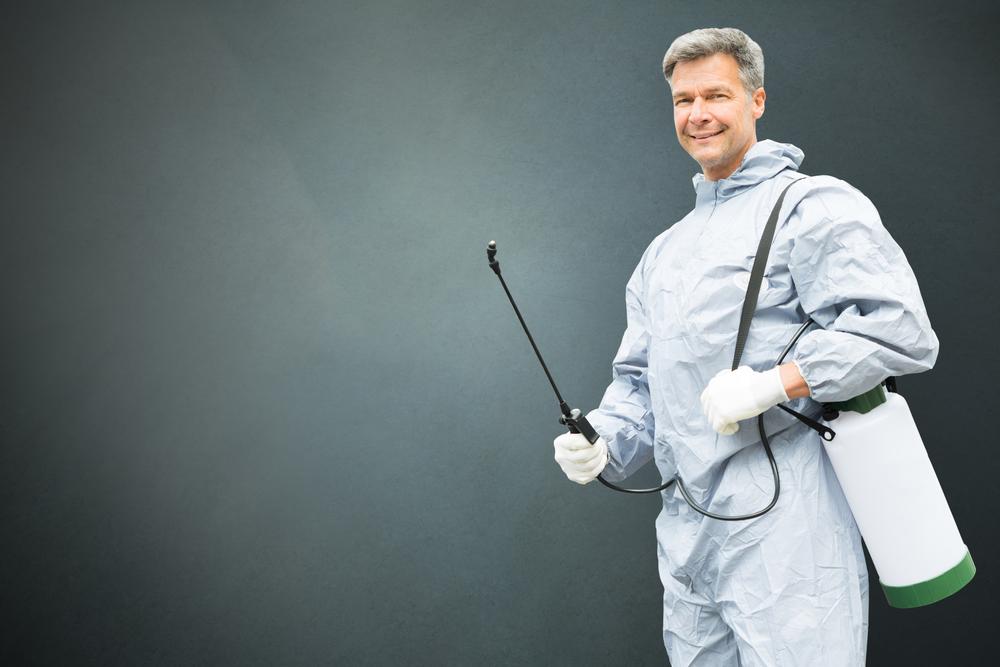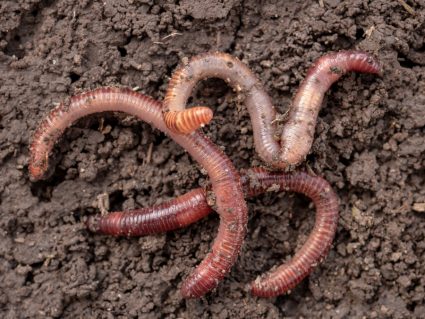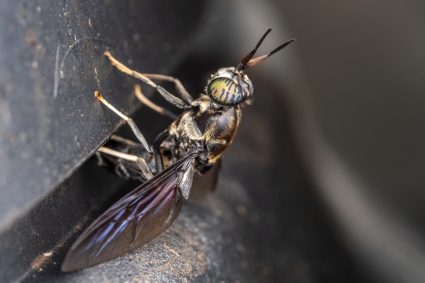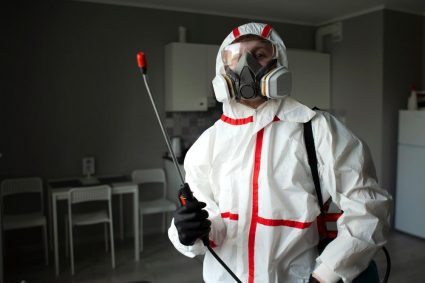
Ammonia, a colorless gas with a pungent smell, is often used in cleaning products and fertilizers. But does it have the ability to kill viruses? Let’s take a closer look.
What is Ammonia?
Ammonia (NH3) is a compound of nitrogen and hydrogen. It’s naturally present in the environment, in air, soil, and water, and even in humans, animals, and plants. It has a variety of uses, from agricultural to industrial, and is used in the production of various compounds, including quaternary ammonium compounds (QACs).
Ammonia and Viruses
While ammonia is a powerful cleaning agent, it’s not an effective disinfectant against viruses. It’s primarily used to remove dirt, grease, and stains, but it does not have strong antimicrobial properties. Instead, quaternary ammonium compounds, which are derived from ammonia, have been shown to be effective disinfectants against a variety of viruses.
Quats are membrane-active agents that interact with the cytoplasmic membrane of bacteria and the lipids of viruses, leading to their inactivation. They are commonly used in disinfectants and have been found to be effective against viruses such as Influenza A, HIV, Zika, and Enterovirus 71. However, the efficacy of QACs depends on the formulation and method of application.
Safe Use of Ammonia as a Disinfectant
If you choose to use ammonia as a disinfectant, there are a few safety precautions you should follow:
- Always dilute ammonia with water before using it as a disinfectant. A common dilution ratio is 1/4 cup of ammonia to 1 gallon of water.
- Wear gloves and eye protection to avoid skin irritation and burns.
- Work in a well-ventilated area to avoid respiratory irritation.
- Never mix ammonia with bleach or any product containing chlorine, which can produce toxic fumes.
- Test it on a small, inconspicuous area before using it on a large surface to avoid damage or discoloration.
- Always read and follow the instructions on the product label.
Risks and Downsides
Ammonia can be harmful if not used correctly. It can cause irritation to the eyes, nose, throat, and respiratory tract. In high concentrations, it can result in blindness, lung damage, or even death. Furthermore, when mixed with other chemicals, such as bleach, it can produce toxic gases.
Ammonia can also harm the environment. When washed down the drain, it can be toxic to aquatic life.
Comparison with Other Disinfectants
Compared to other disinfectants such as bleach, alcohol, and hydrogen peroxide, ammonia is less effective at killing a wide range of germs. These other disinfectants are more recommended for use against viruses, including SARS-CoV-2.
Expert Recommendations
Experts suggest that while ammonia can be used to create effective disinfectants like QACs, ammonia itself is not recommended for killing viruses. It’s crucial to use these products according to their instructions to ensure safety and effectiveness.
In summary, while ammonia can be a powerful cleaning agent, it’s not the most effective choice for killing viruses. Instead, other disinfectants like bleach, alcohol, and hydrogen peroxide are more recommended for this purpose. Always remember to use these products safely and according to their instructions.
Frequently Asked Questions
Can I use ammonia as a hand sanitizer?
No, ammonia should not be used as a hand sanitizer. It can cause skin irritation and burns. Instead, use hand sanitizers that contain at least 60% alcohol.
Can I use ammonia to clean surfaces before applying another disinfectant?
Yes, you can use ammonia to clean surfaces of dirt and grease before applying a disinfectant. This can help the disinfectant work more effectively.
What are other common uses of ammonia?
Apart from cleaning, ammonia is used in several other applications such as in the manufacture of fertilizers, plastics, synthetic fibers, dyes, and explosives. It’s also used in the production of certain pharmaceutical products.
Can ammonia kill bacteria?
Ammonia is not effective at killing bacteria. While it can remove dirt and grime, it does not have strong antimicrobial properties. Instead, products derived from ammonia, such as quaternary ammonium compounds, are effective at killing bacteria.
Is ammonia harmful to pets?
Yes, ammonia can be harmful to pets. Exposure to ammonia can cause irritation to the eyes, nose, and throat in pets, and in high concentrations, it can lead to serious health issues. Always store ammonia and products containing ammonia out of reach of pets.








